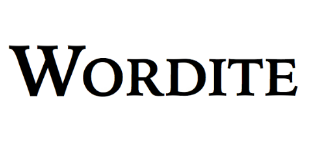thwart - What does it mean?
'thwart' hits on the web
You may have been searching for a specific social media @thwart profile or the tag #thwart
Definition of 'thwart'English
Verb
( en-verb)
To prevent; to halt; to cause to fail; to foil; to frustrate.
-
-
* South
- The proposals of the one never thwarted the inclinations of the other.
* |chapter=22
|title= The Mirror and the Lamp
|passage=Not unnaturally, “Auntie” took this communication in bad part.
* {{quote-book|year=2006|author=(Edwin Black)|title=Internal Combustion
|chapter=2 citation
|passage=More than a mere source of Promethean sustenance to thwart the cold and cook one's meat, wood was quite simply mankind's first industrial and manufacturing fuel.}}
* {{quote-news|year=2011|date=December 10|author=David Ornstein|work=BBC Sport
|title= Arsenal 1-0 Everton
|passage=Everton were now firmly on the back foot and it required some sharp work from Johnny Heitinga and Phil Jagielka to thwart Walcott and Thomas Vermaelen.}}
(obsolete) To move across or counter to; to cross.
-
* (John Milton) (1608-1674)
- Swift as a shooting star / In autumn thwarts the night.
Synonyms
* See also
* foil, frustrate, impede, spoil
Derived terms
* athwart
* athwartships
* thwarter
* thwartsome
Noun
( en-noun)
(nautical) A brace, perpendicular to the keel, that helps maintain the beam (breadth) of a marine vessel against external water pressure and that may serve to support the rail.
- A well made doughout canoe rarely needs a thwart .
(nautical) A seat across a boat on which a rower may sit.
- The fisherman sat on the aft thwart to row.
Related terms
* beam
Adjective
( en-adj)
Situated or placed across something else; transverse; oblique.
* Milton
- Moved contrary with thwart obliquities.
(figurative) Perverse; crossgrained.
- (Shakespeare)
Adverb
( -)
Obliquely; transversely; athwart.
- (Milton)
References
Similar to 'thwart'threat, trout, trait, throat, treat, turret, tarot, thereat, torit, tryout, torat, teret, troat, thiuret, terret, toywort, thort, toret, thruout, territ
|
